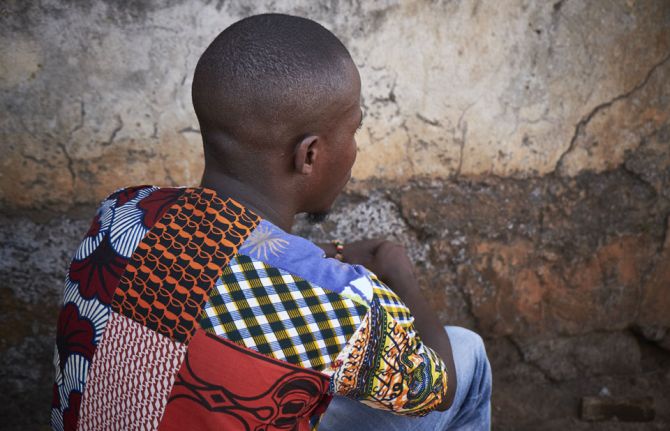

Update
Accelerating the AIDS response in western and central Africa
31 May 2017
31 May 2017 31 May 2017Only 1.8 million people of the 6.5 million people living with HIV in western and central Africa were on antiretroviral therapy at the end of 2015. This 28% treatment coverage of people living with HIV in the region contrasts with the 54% coverage in eastern and southern Africa in the same year.
In response to this HIV treatment shortfall in western and central Africa, UNAIDS, the World Health Organization (WHO) and other partners in the region have developed country emergency catch-up plans to accelerate the AIDS response. These plans call for tripling HIV treatment coverage within the next three years.
At a meeting on the sidelines of the 70th World Health Assembly to support the catch-up plan, health ministers and other representatives of countries in the region vowed to strengthen government leadership, make structural changes in their health systems and strengthen accountability.
The meeting, which was organized by the WHO Regional Office for Africa and UNAIDS, was attended by the health ministers of Benin, Burkina Faso, the Central Africa Republic, Chad, Côte d’Ivoire, Gabon, Liberia and Nigeria and representatives of Cameroon, Guinea and Sierra Leone. They all collectively agreed to put in place strong measures to accelerate HIV treatment in their countries.
All the participants agreed that health-service delivery models had to be transformed, notably by community health workers taking a bigger role in health-care delivery. WHO and UNAIDS will continue to work with the countries as they implement their plans for increasing access to HIV treatment.
UNAIDS is working with countries to achieve the commitment in the 2016 United Nations Political Declaration on Ending AIDS of ensuring that 30 million people living with HIV have access to treatment through meeting the 90–90–90 targets by 2020.
Quotes
“The situation is serious. We must pay close attention to western and central Africa. We must make sure that political leaders mobilize and focus their energies in these countries.”
“Renewed country momentum, under ministers’ leadership, to accelerate the response is critical as we move forward together to achieve the targets, while keeping people living with HIV at the centre of the response.”


